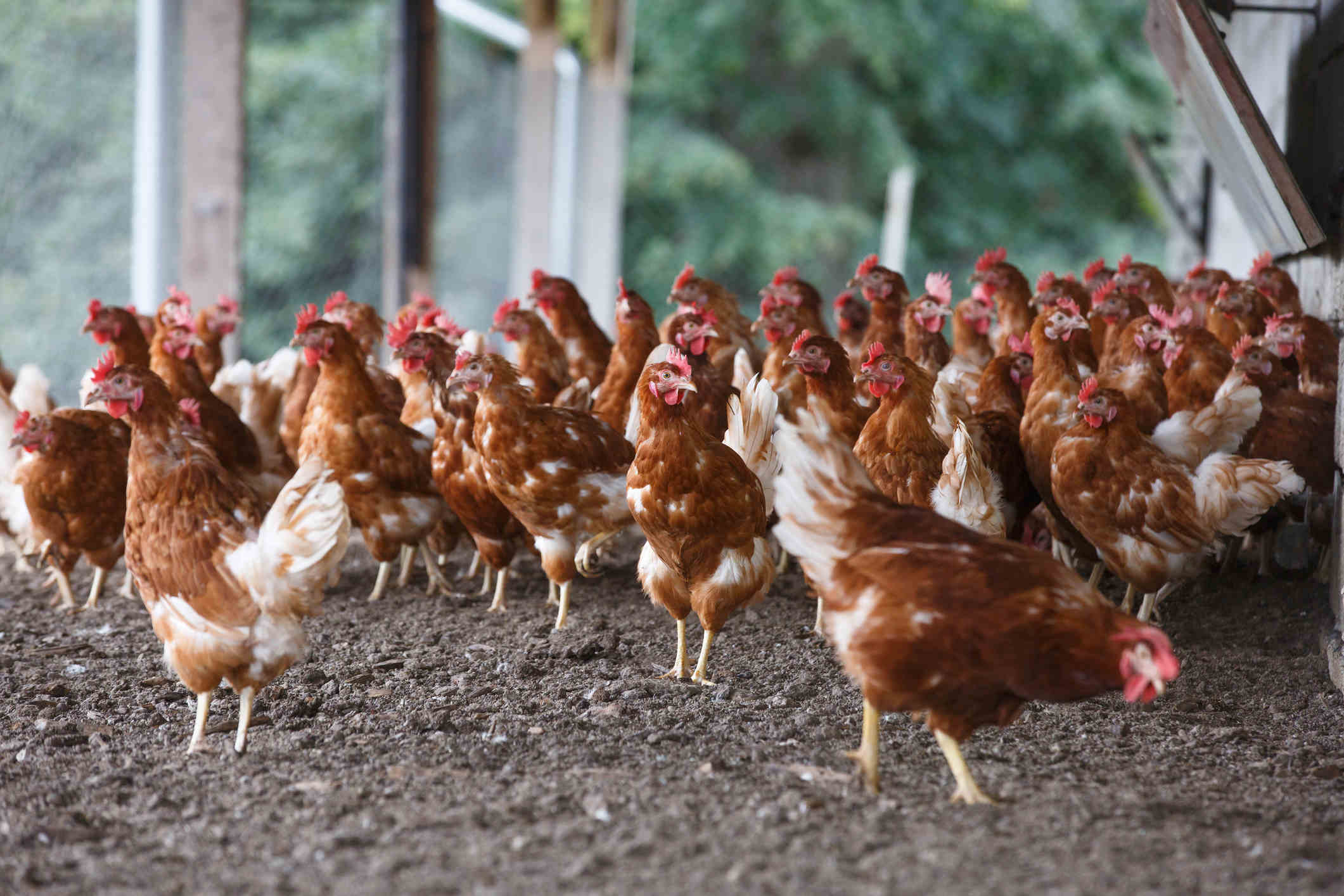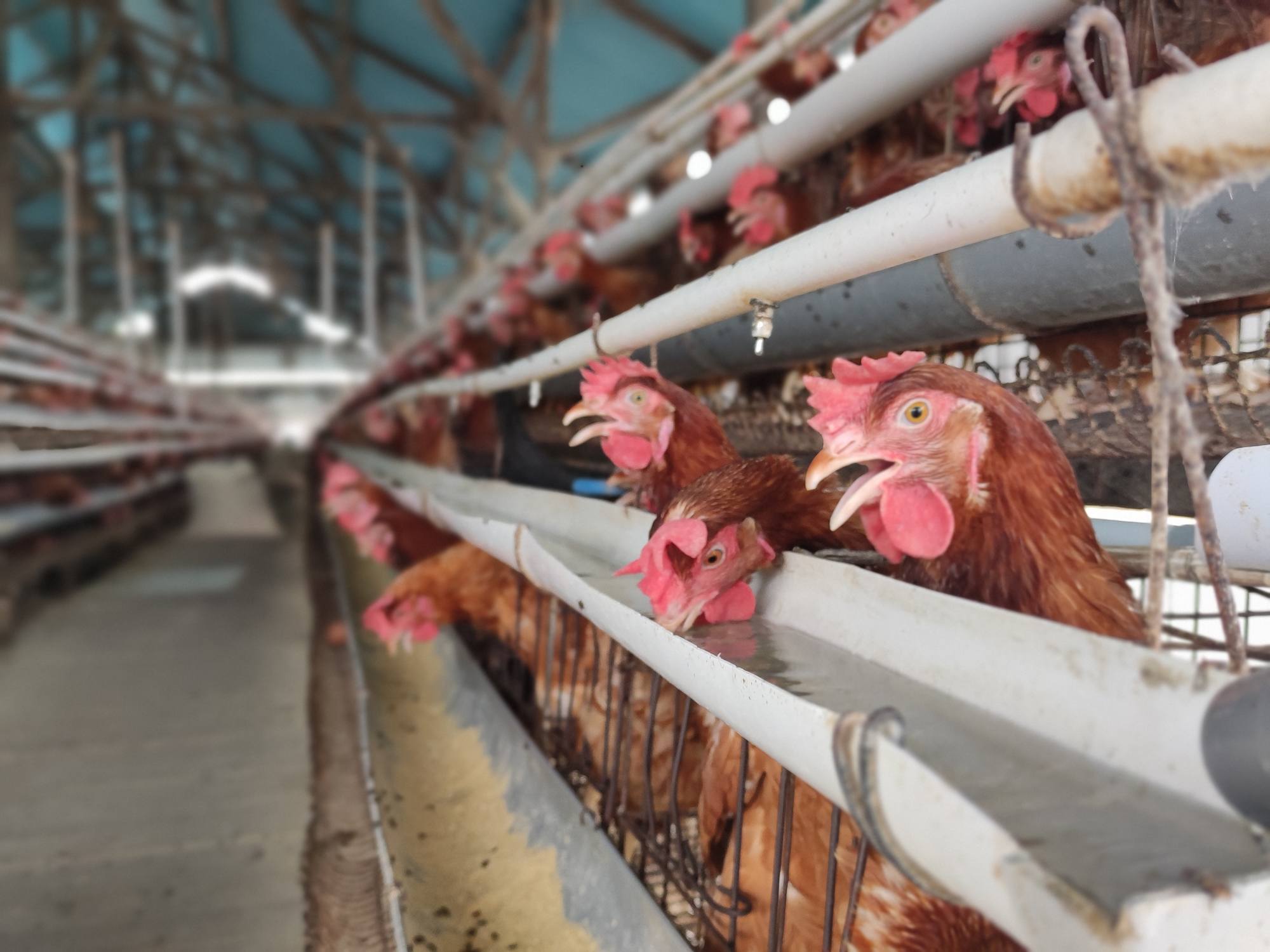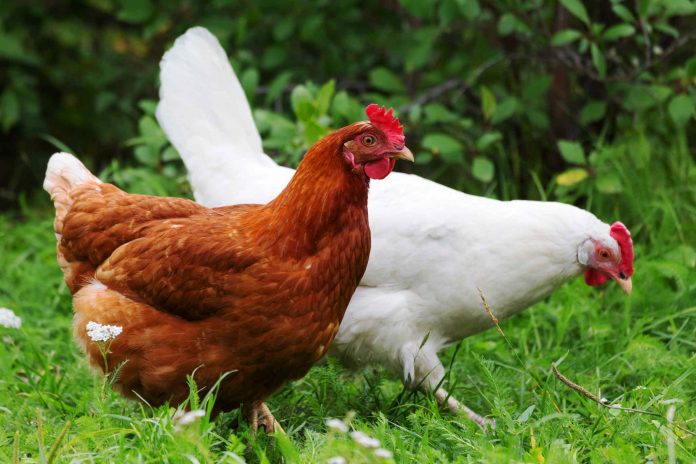Chickens, eggs and the uncomfortable questions they raise got some answers this month, at long last.
For the first time in 20 years, national acceptable welfare levels for laying hens and meat birds were upgraded, taking Australia from the back of the pack to be running with it a decade from now.
The standards are the first for our nation, moving us out of the ‘shoulds’ of guidelines and into the ‘musts’ of law.
The new national standards state that battery cages for laying hens will be phased out over the next 10 to 15 years.
From this year, new chook farms must allow laying hens to perch and scratch rather than be locked for life into a wire box the size of an A4 sheet of paper.
Meat birds soon must have environmental stimulation and be able to move about. Farmed ducks must have access to water to paddle in.
All poultry will have mandated ventilation, temperature parameters, time in the sun and required periods of darkness.

In short, they will be allowed to act like chooks and ducks instead of food being raised like rooted vegetables.
Minister for Agriculture, Fisheries and Forestry Murray Watt said the standards balanced contemporary animal welfare science with feedback from an independent review and extensive engagement process, which has been underway for seven long years.
The UK and the rest of the EU, New Zealand and many states in the US banned cage eggs years ago. Most similarly developed nations have had long-standing welfare standards that exposed ours as barbaric.
Do you have an opinion to share? Submit a Letter to the Editor with your name and suburb at Sunshine Coast News via: news@sunshinecoastnews.com.au.
Five years ago, even multinationals such as McDonald’s, Kraft Heinz and Walmart pledged to only use cage-free eggs, so unacceptable were the welfare and hygiene standards of battery henhouses.
But now we have an end date to our shame.
Australians consume more chicken per capita than any other kind of meat, and chicken meat production in Australia was worth $2.85 billion last financial year.

We also love our eggs, and hens lay 6.3 billion of them – worth $1.1 billion to supermarkets.
The new standards acknowledge that birds are more than just a food source: they can suffer, be hungry and thirsty and feel fear and those should be eliminated as much as possible.
They need to exhibit natural behaviours and interact for good health.
Happy chooks that have had a good chook life taste better and give better eggs.
Better chook welfare is good for business, conscious consumers and the living things that feed us.
It is over to the State Government now to implement the changes and here’s hoping Queensland decides to take the lead: standards for too long have been paltry for our poultry.
Dr Jane Stephens is a UniSC journalism lecturer, media commentator and writer. The views expressed are her own.





